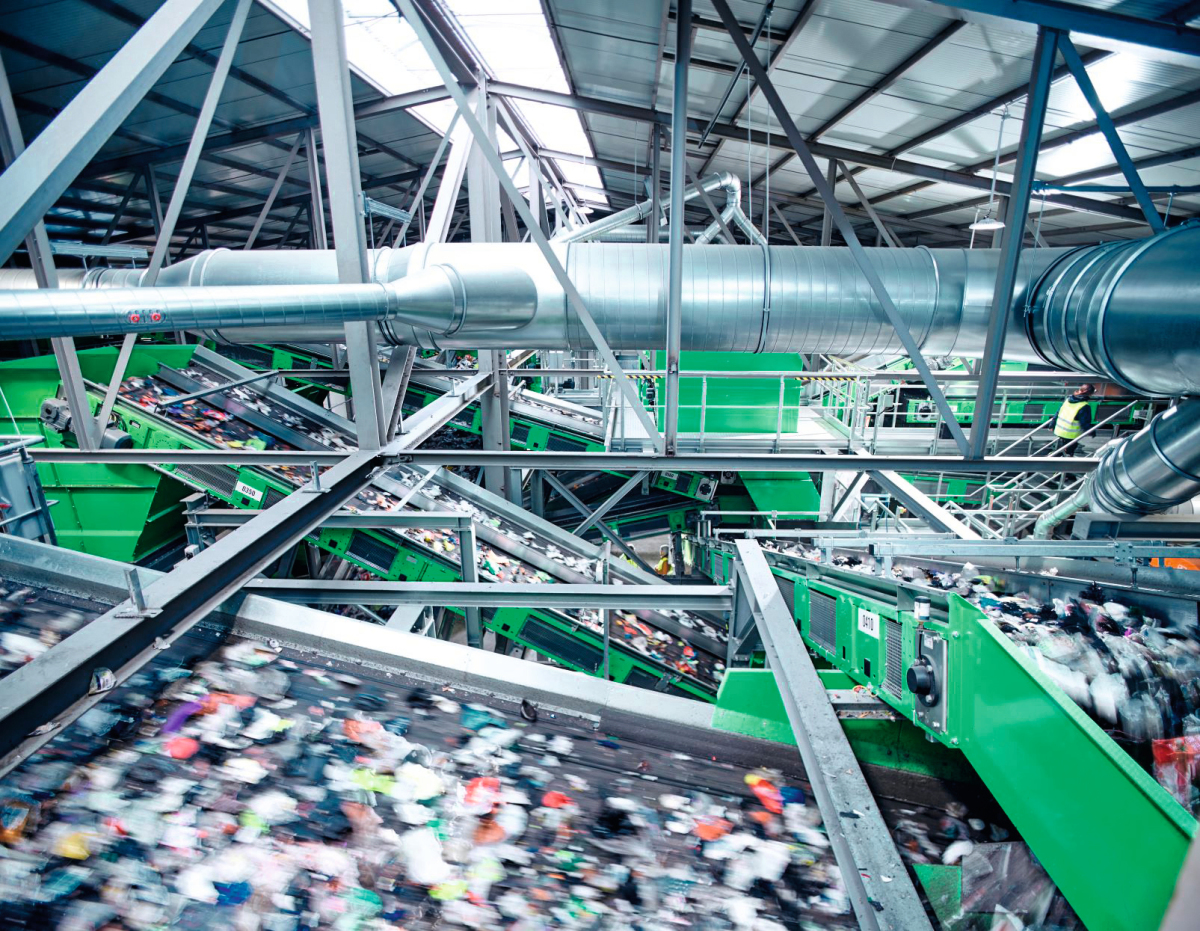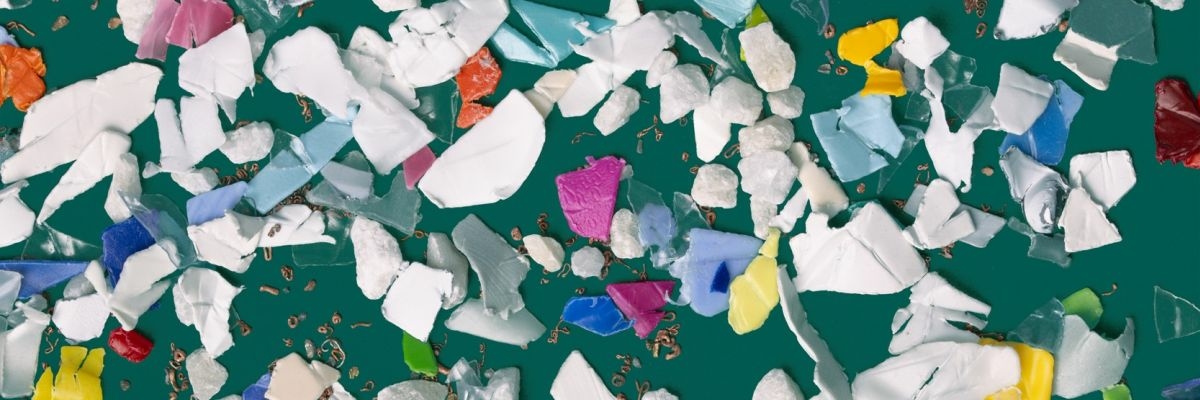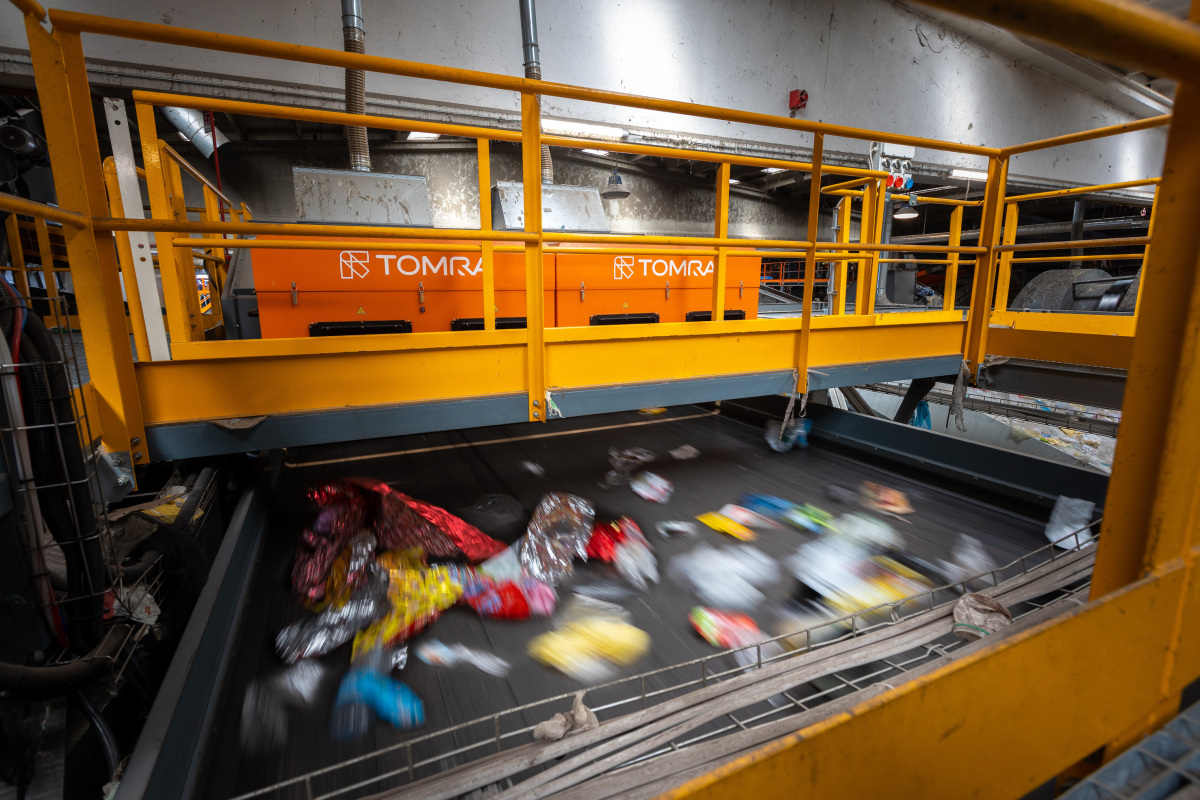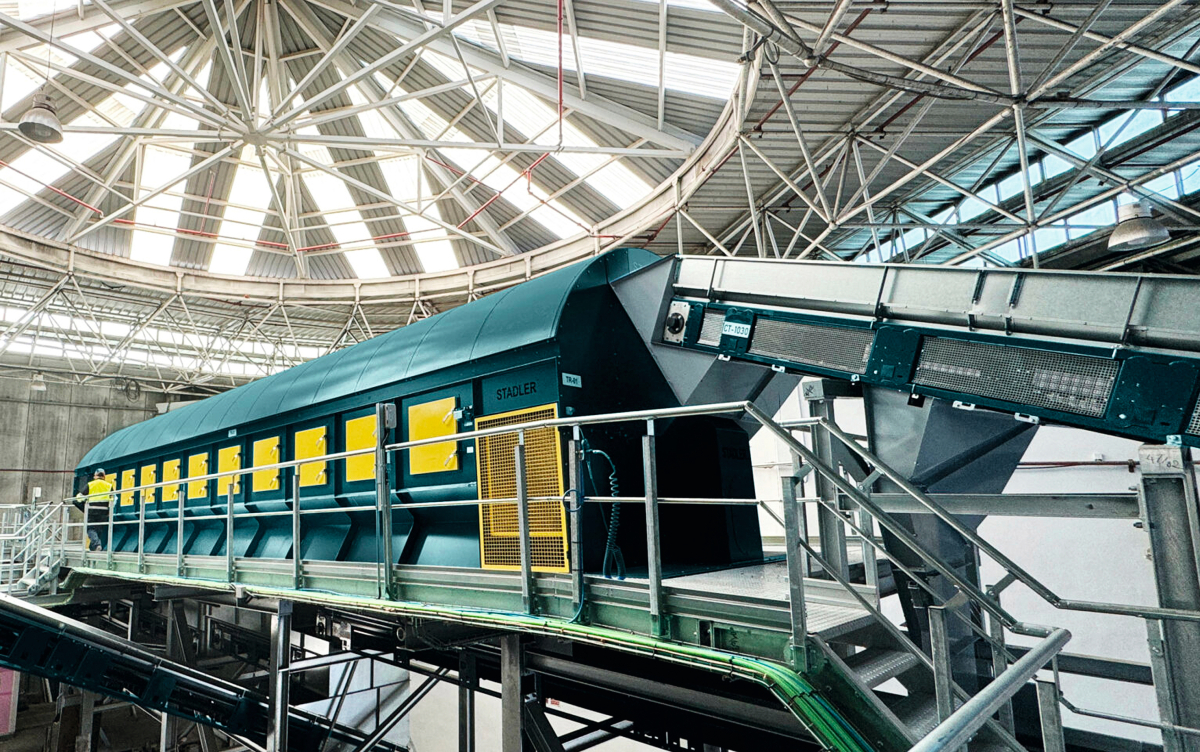Kunststoff Recycling Grünstadt starts up expanded processing plant
10.03.2022Kunststoff Recycling Grünstadt (KRG) completed the final expansion stage and commissioning of its sorting and processing plant in mid-February. The Rhineland-Palatinate-based company, which is part-owned by PreZero Germany from Porta Westfalica and the Meinhardt Group from Hofheim am Main, will recycle up to 55 000 tons of plastic at the location in future. In a highly technical process, the material – which is in part also collected using the dual system – is turned into granules, which are used as a valuable raw material in processing industries. In total, approximately 32 million € have been invested in new plant technology in Grünstadt, 4 million € of which come from the environmental innovation program of the Federal Ministry for the Environment, Nature Conservation, Nuclear Safety and Consumer Protection. KRG currently employs around 50 people.
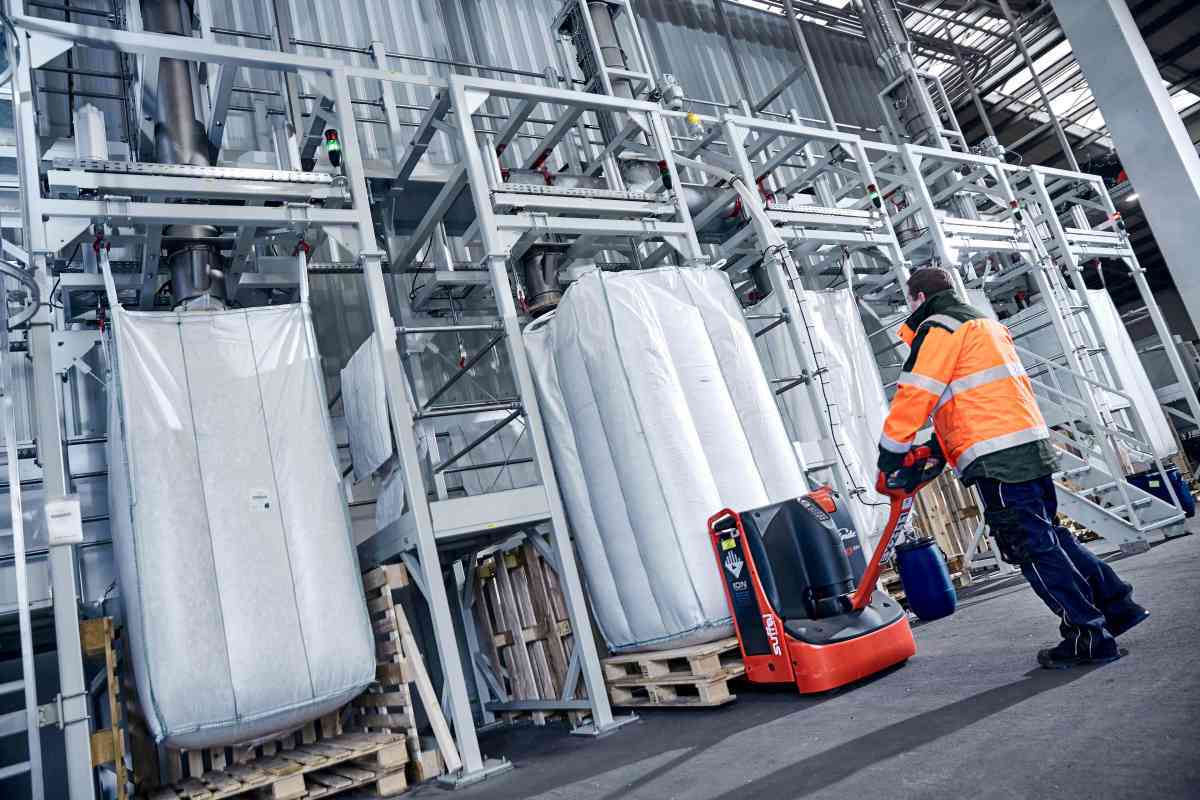 © PreZero
Treatment at KRG focuses on thermoplastic fractions such as HDPE, PP, PA, and other engineering plastics. These are processed using state-of-the-art sorting, washing, and extrusion technology. At the end of the process, mill materials, granules, or compounds are produced, the high quality of which is continually verified in our own testing laboratories. Their subsequent use in the production of new packaging – such as for detergents or cleaning agents – not only contributes to the preservation of finite natural resources: The treatment of 35 000 tons of plastic waste also means that up to 33 000 tons of CO2 can be saved per year.
© PreZero
Treatment at KRG focuses on thermoplastic fractions such as HDPE, PP, PA, and other engineering plastics. These are processed using state-of-the-art sorting, washing, and extrusion technology. At the end of the process, mill materials, granules, or compounds are produced, the high quality of which is continually verified in our own testing laboratories. Their subsequent use in the production of new packaging – such as for detergents or cleaning agents – not only contributes to the preservation of finite natural resources: The treatment of 35 000 tons of plastic waste also means that up to 33 000 tons of CO2 can be saved per year.
Carsten Dülfer, CEO of PreZero Germany, views the start of operations at the plant as a further important step on the way to a sustainable circular economy. “We are also simultaneously enhancing our value chain with the plant: In Grünstadt, we will in future be able to refine the single-variety recyclable material fractions from our lightweight packaging sorting systems into first-class secondary raw materials.”
Frank-Steffen Meinhardt, Managing Director of the Meinhardt Group, underscores the significance of the high quality standards: “We must persuade with excellent products – in order to boost the acceptance of resins in processing industries and also continuously increase the use of secondary raw materials.“
Clemens Stockreiter, Managing Director of PreZero Polymers, emphasizes: “With the location in Grünstadt, we are also quantitatively expanding our processing capacities for post-consumer material in Europe. Besides our locations in Italy and Austria, KRG is also taking on a geographically significant role with respect to the important German market.”
In this context, Jörg Berbalk, Managing Director of Kunststoff Recycling Grünstadt, draws attention to the political framework conditions in Europe: “In view of the EU requirement that plastic packaging be completely reusable by 2030, we are taking a major step forward with our plant. When used plastics are being turned into new and valuable products, we are on the right path.“

